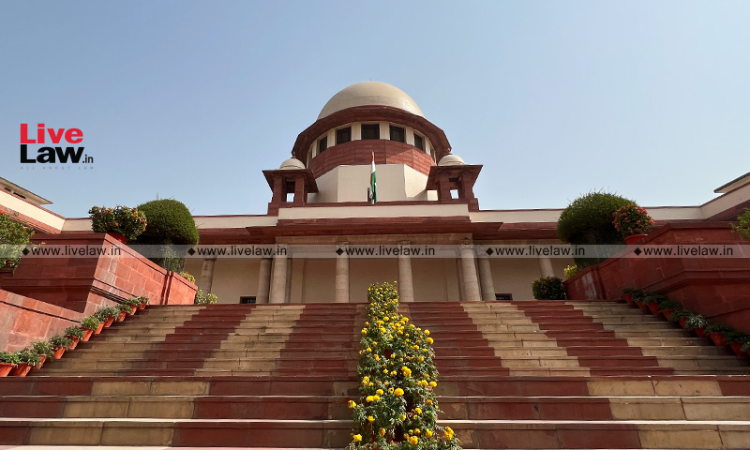While dealing with a matter related to the eviction of slum dwellers in Sarojini Nagar in New Delhi, the Supreme Court on Monday made certain observations on the need for vigilant and immediate action against encroachments, so that people can't claim rights over public lands years later.A bench comprising Justice KM Joseph and Hrishikesh Roy, which had earlier stayed the eviction of the...

